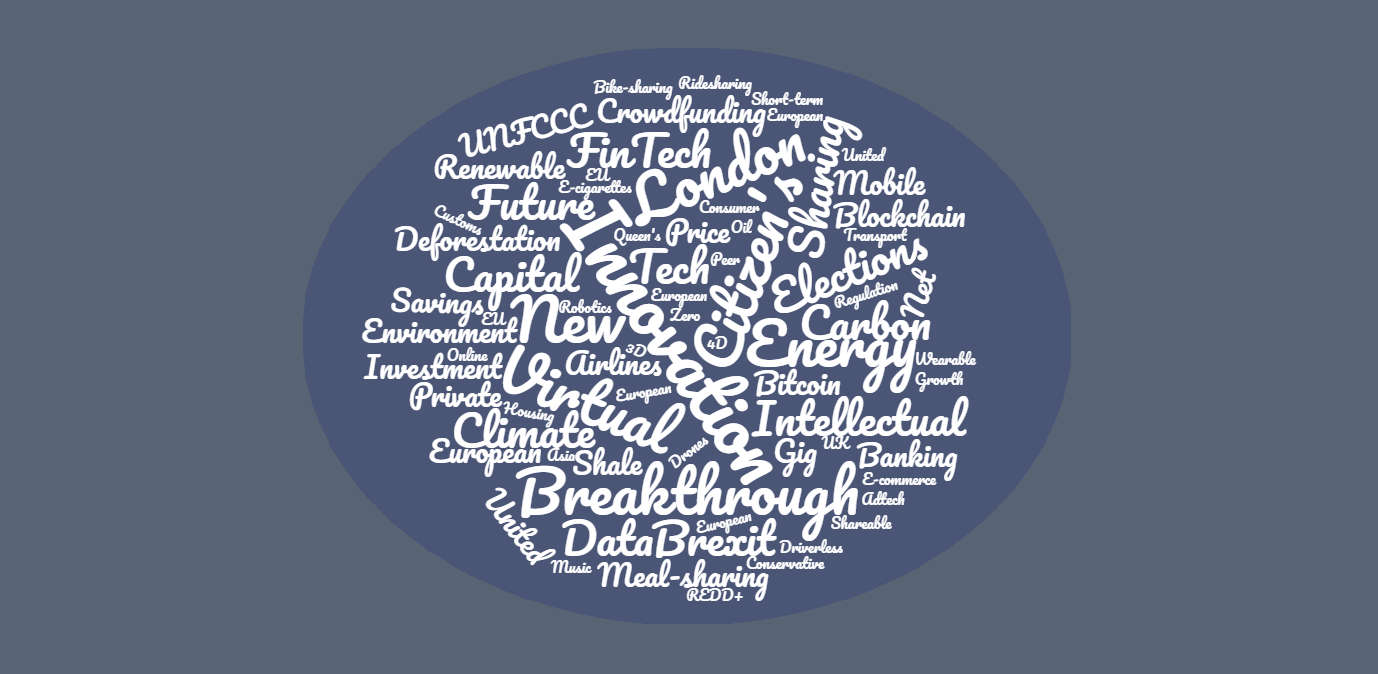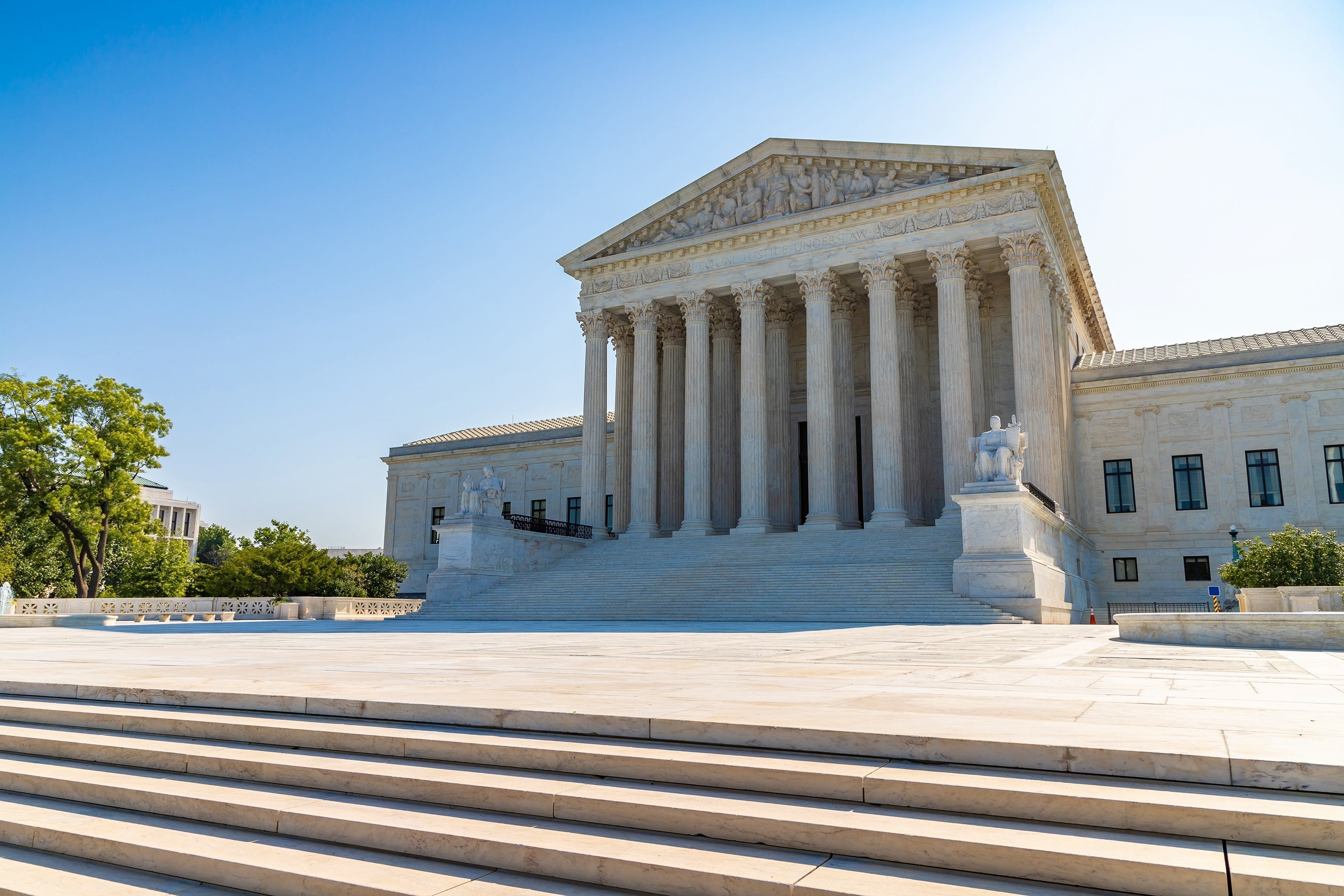U.S. Federal Communications Commission proposes new net neutrality rules
by Inline Policy on 16 May 2014
In a hugely significant development yesterday telecom regulators in the United States voted to proceed with net neutrality rules. Amid protests the vote was passed with three commissioners of the Federal Communication Commission (FCC) voting in favour and two voting against. Tom Wheeler, chairman of the FCC, said that "the consideration we are looking at today is not about whether the internet should be open but how and when we have rules in place to ensure an open internet."
The plan could allow internet service providers (ISPs) to charge a fee for prioritised access to their networks. Critics argue that the new rules could create a two-tiered internet, with a slow lane for those unprepared to pay. However those in favour pointed out that the vote was merely the start of a process of consultation. The public now has until 15 July to respond.
A polarised debate
Advocates of net neutrality argue that ISPs should just run the networks and have no say over how and what content flows to consumers, as long as it is legal. They argue that treating all internet traffic equally was a fundamental founding principle of the internet. ISPs however argue that the internet is now a very different beast from that of the early days when net neutrality was enshrined. Carrying such volumes of data costs more and they argue that the costs can no longer be borne by ISPs alone.
Much of the current debate was onset by a landmark case in the US in January, which saw ISP Verizon successfully challenge the FCC over its net neutrality policy, known formally as the Open Internet rules. The Court of Appeals struck down two of the three open internet rules, effectively leaving regulation in limbo and opening the way for ISPs to start charging fees to carry bandwidth-hungry data on its networks. The changing landscape forced the FCC to rethink its rules and details of the plan were widely leaked ahead of the vote.
There has been mounting opposition from US tech firms (including a letter signed by the likes of Facebook, Google and Twitter), consumer groups and venture capitalists, particularly over a proposal that ISPs be allowed to charge fees if they were "commercially reasonable". Consumer groups have been strongly urging the FCC to take more drastic action and reclassify ISPs as a telecommunication service. By doing so, they argue, the internet would be treated more like a public utility and subject to heavier regulation.
The state of play outside the US
The US ruling is at odds with Europe where in April, the European Parliament voted to restrict ISPs from charging services for faster network access. It also ruled that mobile and broadband network providers should not be able to block services that competed with their own offerings. There are some more legal hurdles for the vote to pass but it could become law by the end of the year. Slovenia and the Netherlands have already enshrined the principle in their national law.
In Brazil, a new law has been signed by President Dilma Rousseff which establishes that telecom companies cannot change prices based on the amount of content accessed by users. It also states that ISPs cannot interfere with how consumers use the internet. Neighbouring Chile was the first country to pass net neutrality legislation, back in 2010.
A debate which will run and run
The FCC will undoubtedly come under even more intense scrutiny over the coming weeks and months. It is clear that whatever its ultimate decision, the implications will be profound and felt not just in the US, but around the world.
Update - 19 May 2014 - UK regulator warns on EU net neutrality proposals
Following the FCC’s ruling last week Ofcom, the UK telecoms regulator, has warned that net neutrality rules recently approved by the European Parliament could do more harm than good. Ed Richards, Chief Executive of Ofcom, stated in a speech over the weekend that the legislation would not provide “more certainty but less” when it comes to the legal status of online access. He also argued that the new legislation would mean “not the timely exercise of reasonable objective judgement, but the pursuit of time-consuming and self-interested litigation.” EU member states will be able to tweak the net neutrality law but most are expected to broadly support the package. For more information, click here.
Topics: US Politics, Net neutrality, International politics







Comments